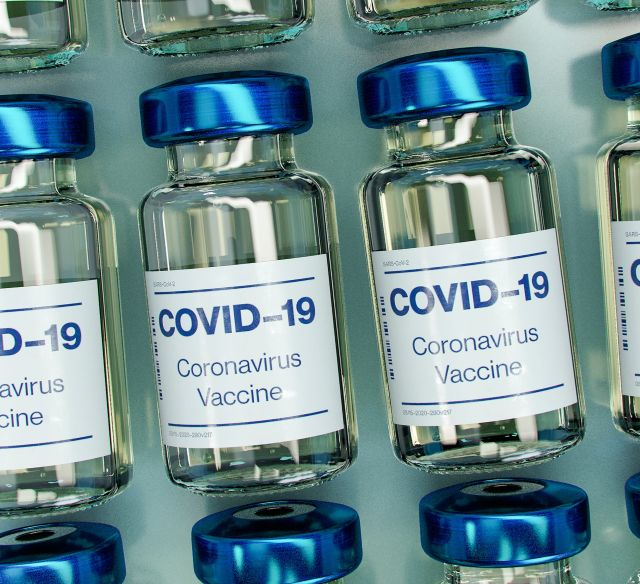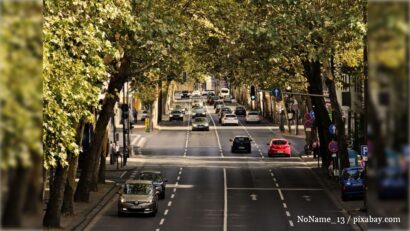The AstraZeneca vaccine triggers concerns
The European Medicines Agency (EMA) has announced a possible connection between the AstraZeneca vaccine against the novel coronavirus and blood clots that might appear in some patients. Nevertheless, EMA says the overall benefits of the vaccine in prevent

Roxana Vasile, 08.04.2021, 14:00
On the one hand,
medical and political authorities the world over are pleading for the rapid
vaccination of a significant number of people, which in their vision, is the
only way to contain the present pandemic. On the other hand, one of the
vaccines authorized by the European Medicines Agency, the one made by the
British-Swedish group AstraZeneca has sparked off heated debates.
The EMA
announced a potential connection between the vaccine and rare cases of blood
clots in those vaccinated. However, the same agency says the overall benefits
of the vaccine in preventing the Covid-19 pandemic outweigh the risks of side
effects. The EMA Executive Director Emer Cooke told the BBC quote: This
vaccine has proven to be highly effective – it prevents severe disease and
hospitalisation, and it is saving lives.
This is the
reason for which the European Commissioner for Health, Stella Kyriakides, has
called on the EU countries to speak with one voice across the EU to improve
people’s trust in vaccination.
Nevertheless,
many states have decided to restrict the use of this vaccine in some age
brackets. So, Britain, which has so far vaccinated over 20 million people with
AstraZeneca and has discovered blood clots in 80 cases, has decided to no
longer administer the vaccine to people below 30. According to The Guardian, the recommendation is based on the low risk of
developing severe forms of Covid-19 in this age bracket.
In larger groups
though, the vaccine’s overall benefits would outweigh the rare side effects
risks. Just like Britain, Spain, Germany, the Netherlands and Italy have
restricted the use of AstraZeneca vaccine but in patients under 60. Authorities
in Romania have decided not to alter its vaccine rollout but are preventing the
people who had thrombosis after the first jab from getting the booster dose
with the same type of vaccine.
At the same time
the medical personnel using the AstraZeneca vaccine must inform patients to see
a physician if they experience any health issues after getting the jab. The
symptoms that might appear can include abdominal and chest pains, headaches and
blurry vision.
One thing’s for
sure though, talks over the side effects post vaccination have influenced the
decision of many Romanians on getting this type of vaccine. According to
statistics, one out of three people enlisted for vaccination with AstraZeneca
has withdrawn.
(bill)






























